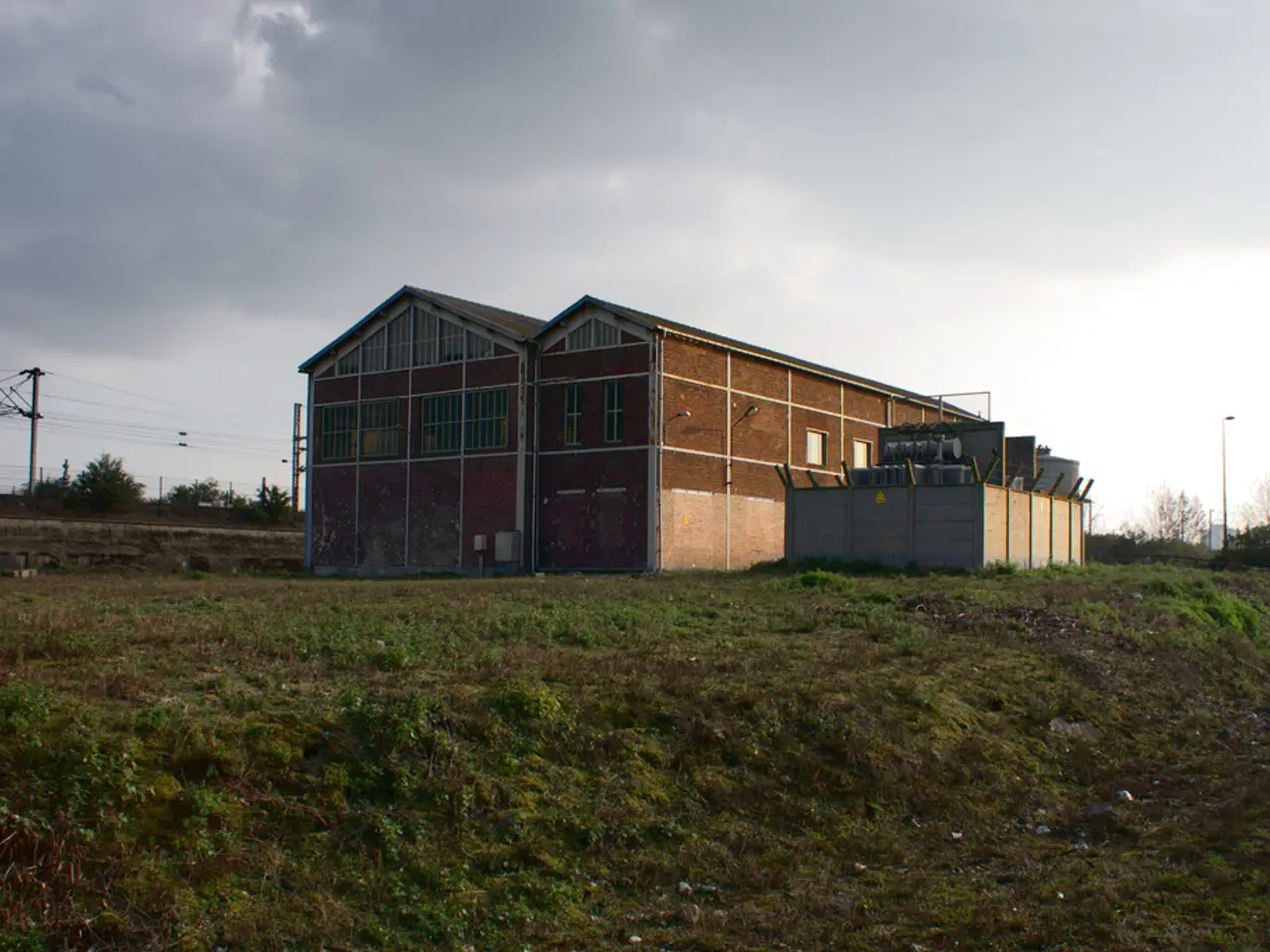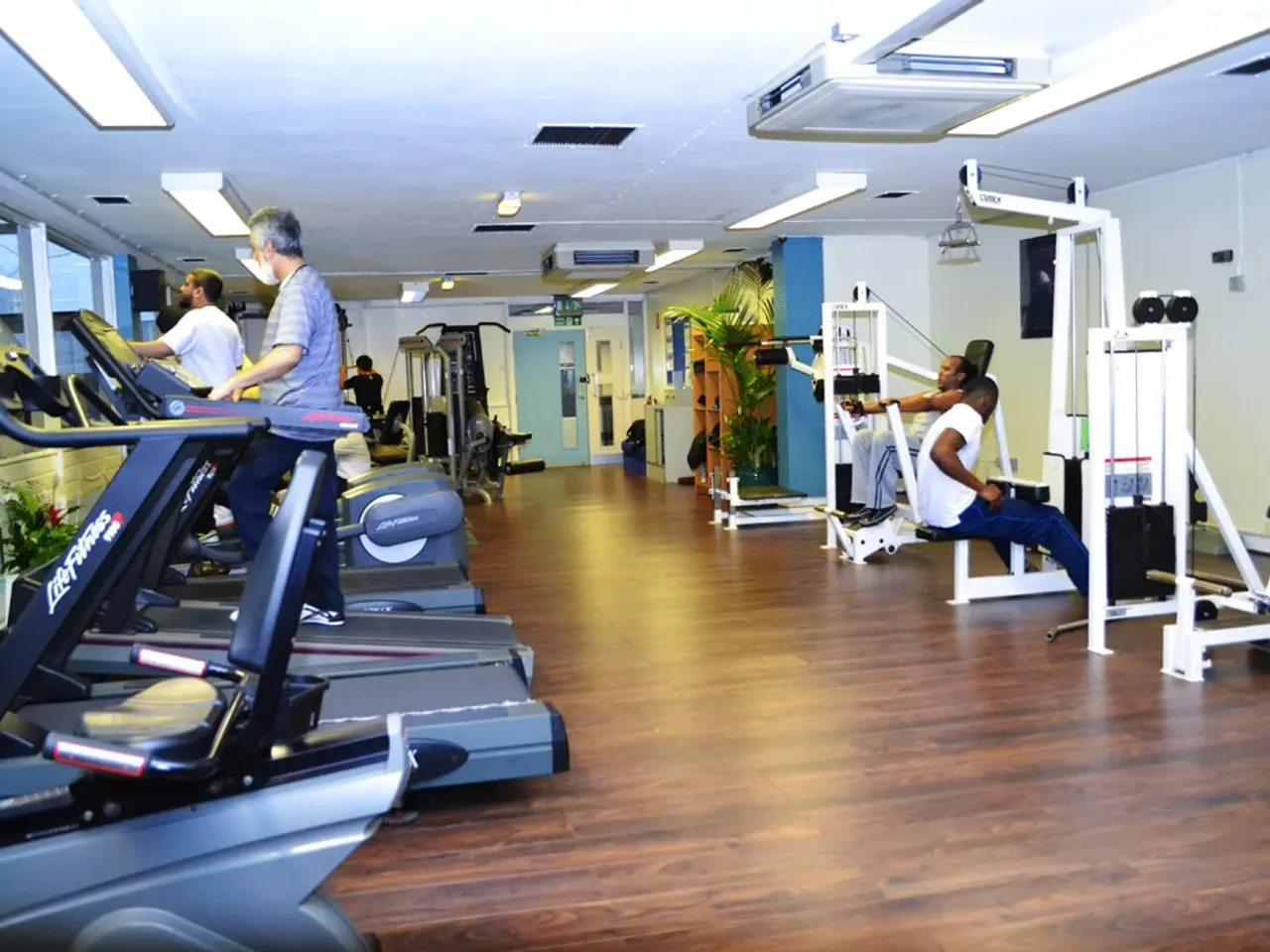Decline in Life Satisfaction Reported in Bremen: SKL Happiness Atlas 2024 Reveals Trend
In the recently published SKL Glücksatlas 2024, Bremen has experienced a decrease in life satisfaction, bucking the national trend of overall improvement. The study, a regular examination of the life satisfaction of Germans, revealed that Bremen's average life satisfaction dropped by 0.08 points to 6.76, placing the city-state 13th in the national comparison.
Prof. Bernd Raffelhuschen of the University of Freiburg, who oversees the scientific direction of the Glücksatlas, highlighted that Bremen's work satisfaction is significantly below the national average, with a difference of 0.54 points. Residents of Bremen also expressed dissatisfaction with their income, with income satisfaction in Bremen being 0.80 points lower than the national average.
Despite these challenges, Bremen ranks 13th in objective prosperity data such as purchasing power or healthcare. However, health satisfaction in Bremen is far from the national average, with a gap of 0.31 points. Satisfaction with family life in Bremen is also lower, being 0.96 points lower than the national average.
One positive aspect for Bremen is the high number of homeowners, according to the Glücksatlas. Another is the city's cycling infrastructure, which was noted as a positive factor. The healthcare system in Bremen was also highlighted as a positive aspect.
The data for the SKL Glücksatlas 2024 was collected from 12,452 respondents aged 16 and above through face-to-face interviews conducted by the Institute for Demoscopy. Additional surveys were carried out by IFD Allensbach and Ipsos to assess various aspects of life satisfaction and East-West differences. The data was gathered from 12 monthly surveys conducted from July 2023 to June 2024.
Bremen's neighbouring region, Lower Saxony, shows similar life satisfaction levels, ranging from 6.60 to 6.80 points. However, Bremen faces significant economic challenges, including high debt, high unemployment, and social problems in certain neighbourhoods and in Bremerhaven, where about one in five relies on unemployment benefits.
In the federal state happiness ranking, Hamburg ranks first with 7.38 points, followed by Baden-Württemberg and Bavaria. Saxony is just ahead of Bremen with 6.87 points, while the Saarland follows closely with 6.73 points. Mecklenburg-Vorpommern ranks last with 6.17 points.
To fully understand the reasons behind Bremen's decrease in life satisfaction despite the national trend, a more detailed review of the SKL Glücksatlas 2024 report or related analyses focusing on Bremen would be necessary. These would provide the exact reasons behind the decrease, which could be influenced by factors such as local economic conditions, employment rates, social services, housing, or environmental issues that might specifically affect Bremen.
Science shows that Bremen's mental health, ranked by health-and-wellness satisfaction, is lower than the national average, with a gap of 0.31 points, as indicated in the SKL Glücksatlas 2024 report. Moreover, the study reveals that work and income satisfaction in Bremen are also below the national average, contributing to the overall decrease in life satisfaction in the city-state.




